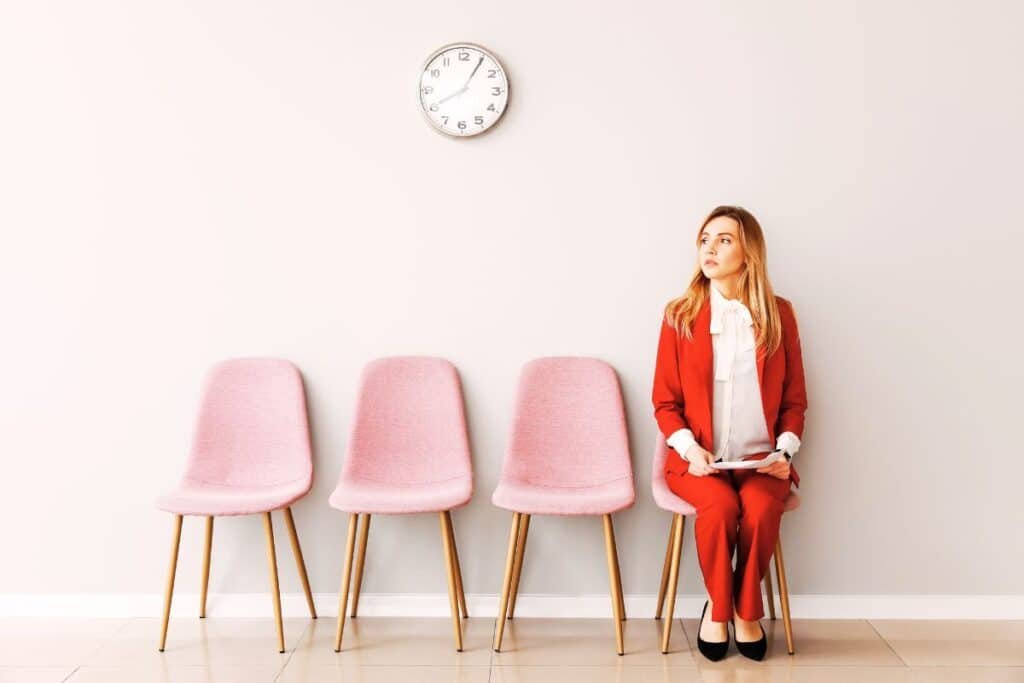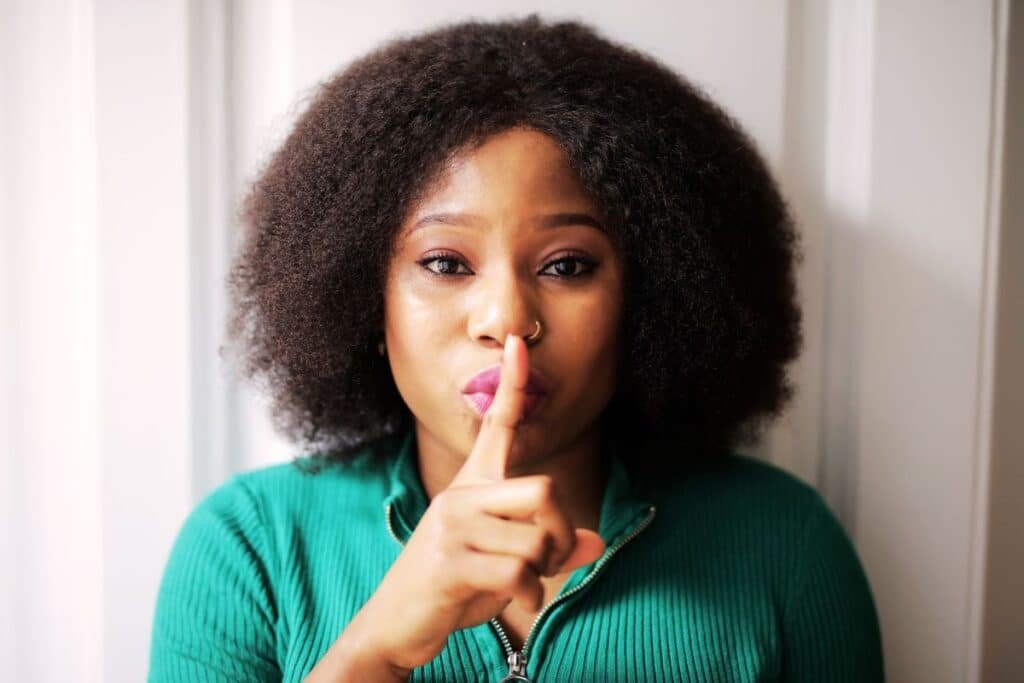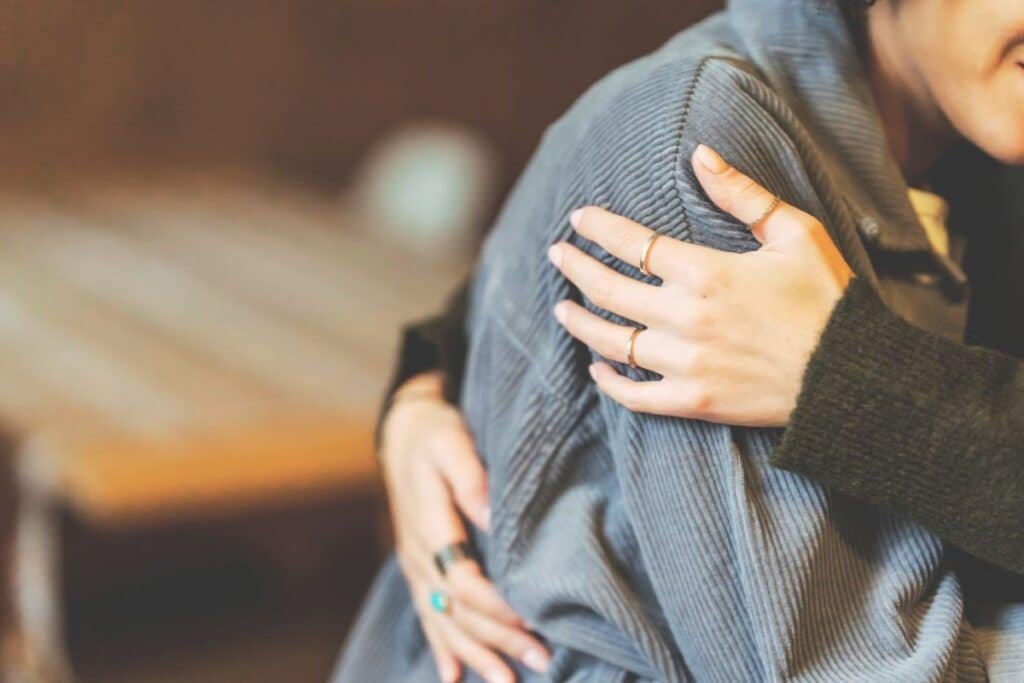Reporting sexual violence to the police can be riddled with all sorts of emotions and concerns.
For many women, myself included, you’ll never need to have a formal interaction with the police.
And it’s dealing with this unknown, or perhaps feelings that you don’t want to waste anyone’s time, that can impact a decision for taking a disclosure to the police.
And what we must consider, is that disclosing an incident to the police feels very different to reporting it to a friend.
Some women will report their experiences wanting to take their case as far as court and conviction. Others will want to be able to hand their experiences over to someone who can validate these experiences but not want to go down a criminal justice route.
Other women will have a rationale that sits somewhere in the middle of this.
There is no right or wrong reason to report to the police.
It has to be your decision, and it has to be the right decision for you for the moment of life you are currently in.
Why Women Report Sexual Assault to the Police
The reasons that women choose to report sexual assault and rape vary from person to person.
For me, it was because at the age of 34, I’d had enough. I didn’t want to be triggered and sent back to my 18-year-old self every time someone said something vaguely triggering, or there was something in the news or media that gave me a flashback or a memory of what I’d gone through.
I wanted someone to listen, to take me seriously, and to treat this as the criminal offence that I was starting to realise that it was.
I wasn’t an 18-year-old anymore; I was a 34-year-old mother of two daughters. I wanted to be able to tell them when they were old enough (and if it came up in relevant conversation) that I’d at least tried to fight for justice and to stand up and try and get this individual convicted.
I wanted to be able to help other people.
On average, 70% of sex offenders have between one and nine victims.
Another 20% of sex offenders have between 10 and 40 victims.
I don’t know what that means for the other 10%, but I also don’t want to think about it because the reality is clear and doesn’t need to be written out.
So, for me, another reason why I wanted to report my experience was because, statistically, I wasn’t the only one that he had assaulted.
I hoped that by reporting I might either:
- Give someone else the opportunity to also speak up;
- Prevent this person from ever harming anyone else.
But choosing to report was not an easy decision.
I didn’t want the same feelings of shame and guilt, that I’d bought it on myself, that I was to blame, that I’d felt all those years ago, to be reinforced.
On some level, I also knew that speaking to someone in law enforcement was the right thing for me to do.
Receiving the Right Support
Not being met with the correct support is a major barrier that women face when it comes to reporting sexual abuse.
It’s easy to be dismissed with out-of-date narratives such as what you wore meant that you were ‘asking for it,’ that if it was rape or assault, then you would have fought back, or you led the perpetrator on.
However, despite the barriers, many women choose to report sexual assaults and rape, driven by a variety of factors.
One of the primary motivations, like it was for me, is the desire for justice. You might want to see a perpetrator held accountable for their actions and prevent them from harming others.
Reporting the crime can also provide a sense of empowerment and reclaiming control over your life.
Validation
Additionally, the need for validation and acknowledgement of your experience can prompt some women to report to the police.
By officially documenting an assault, you may feel that your experience is recognised and taken seriously.
For some, this can be an important step in the healing process.
It’s the confirmation that someone else is saying ‘this is wrong’, which some individuals can find most comforting.
For me, it certainly did.
The Influence of Family, Friends and Professionals
It’s important to note that support from family, friends, or professionals can significantly influence your decision to report, either formally or informally.
When victims of sexual offences have a strong support network, they are more likely to feel validated and encouraged to take legal action.
This is why everyone needs to take every report of any type of sexual violence seriously.
We need to get rid of these stereotypes that women make up and fabricate reports of sexual violence because these ideas do not help anyone who is looking to report what happened to them.
And to clarify, it is a very, very small minority of reports of sexual violence that are made up.
In fact, the false reporting rate of sexual offences is just the same as the false reporting rate for any other crime.
And we don’t call other reports of crimes into question.
The Strength of Public Awareness Campaigns
Another factor that cannot be ignored when it comes to encouraging women to report sexual offences is the presence of public awareness campaigns such as #MeToo.
Campaigns such as these have played a significant role in encouraging more victims to come forward by fostering a culture of openness and reducing stigma. Although there is still a lot of work to be done around public awareness of sexual violence against women and girls, the conversation is starting to change, albeit very slowly.
Closing Thoughts
The reluctance to report sexual offences is compounded by the perceived inefficacy of the justice system.
The fear of not being believed or having one’s experience minimised is a significant barrier for many. In this post, we’ve highlighted the importance of supportive, empathetic, and thorough responses from authorities to ensure that victims are heard and justice is pursued.
Moving forward, we need to continue to foster environments where victims feel safe and supported in reporting their experiences to the police.
This involves not only systemic changes within law enforcement and legal frameworks but also a cultural shift towards believing and respecting victims.
We must advocate for a justice system that truly serves all, ensuring that no one has to endure the pain of being dismissed or disbelieved.
I am so grateful to the police officer assigned to do my ABE and handle my case.
She listened, she validated, and she respected what I told her.
She didn’t belittle my narrative or try to take any of my feelings away from me.
I just wish that this was the same for every woman and girl who reports acts of sexual violence to the police.
This post is adapted from a section of It's All Your Fault - due for release in 2025.



